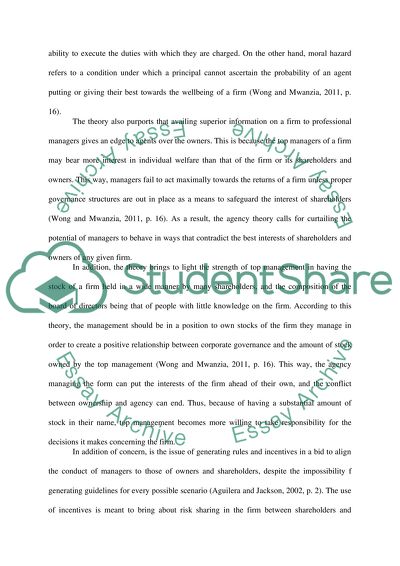Cite this document
(“Corporate governance Essay Example | Topics and Well Written Essays - 1500 words”, n.d.)
Retrieved from https://studentshare.org/other/1400965-corporate-governance
Retrieved from https://studentshare.org/other/1400965-corporate-governance
(Corporate Governance Essay Example | Topics and Well Written Essays - 1500 Words)
https://studentshare.org/other/1400965-corporate-governance.
https://studentshare.org/other/1400965-corporate-governance.
“Corporate Governance Essay Example | Topics and Well Written Essays - 1500 Words”, n.d. https://studentshare.org/other/1400965-corporate-governance.


